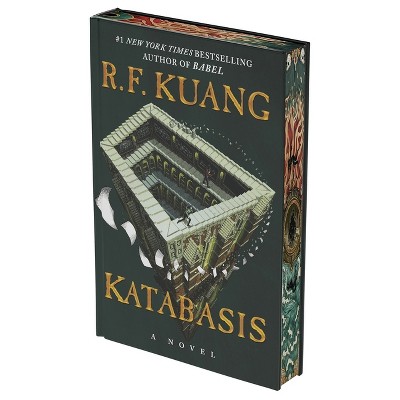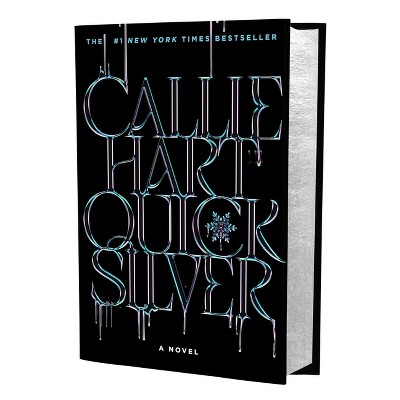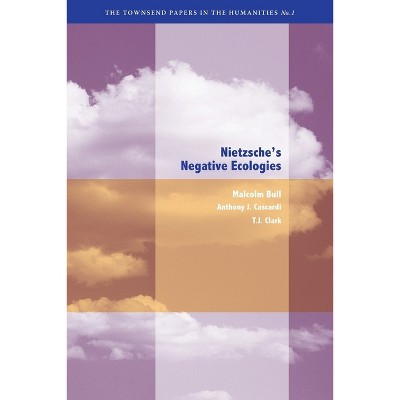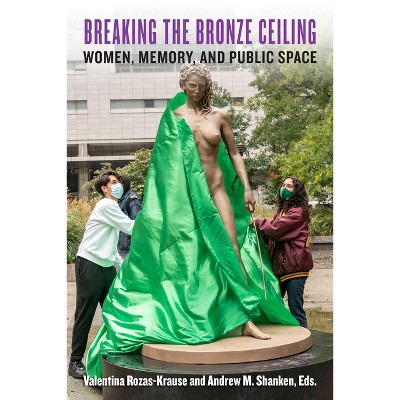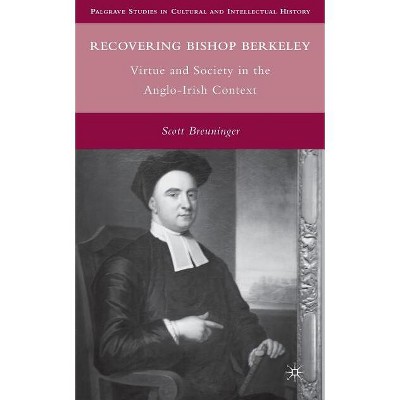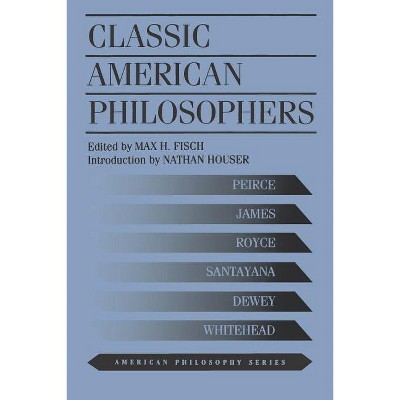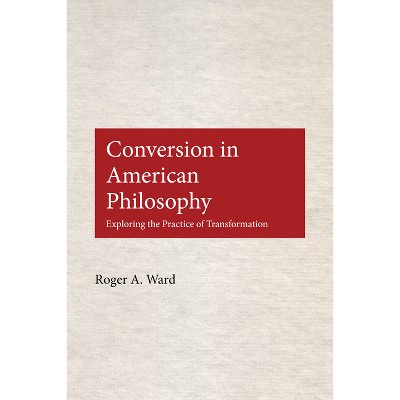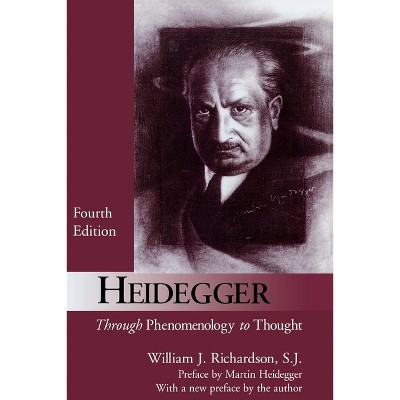$75.99 when purchased online
Target Online store #3991
About this item
Highlights
- Costica Bradatan proposes a new way of looking at the influential 18th-century Anglo-Irish empiricist and idealist philosopher.
- About the Author: Costica Bradatan teaches philosophy at Texas Tech University and is Senior Editor of Janus Head: A Journal of Interdisciplinary Studies in Literature, Continental Philosophy, Phenomenological Psychology, and the Arts.
- 248 Pages
- Philosophy, History & Surveys
Description
About the Book
Costica Bradatan proposes a new way of looking at the influential 18th-century Anglo-Irish empiricist philosopher. He approaches Berkeley's thought from the standpoint of its roots, rather than from how this thought has been viewed since his time. In Bradatan's portrait, we can see two Berkeleys, quite distinct from one another. This other Berkeley read and wrote alchemical books, designed utopian projects, and searched for Happy Islandsand the Earthly Paradise.His new attitude toward the material world echoed the dualistic theology of the Cathars. The thinking of the other Bishop Berkeley was rooted in Platonic, mystical, and sometimes esoteric traditions, and he saw philosophy as, above all, a kind of salvation, to be practiced as a way of life. What Bradatan uncovers is a much richer, true-to-life Berkeley, a more profound and spectacular thinker.This book will interest scholars working in a wide variety of fields, from philosophy and the history of ideas to comparative literature, utopian studies, religious and medieval studies, and critical theory.Book Synopsis
Costica Bradatan proposes a new way of looking at the influential 18th-century Anglo-Irish empiricist and idealist philosopher. He approaches Berkeley's thought from the standpoint of its roots, rather than from how it has come to be viewed since his time. This book will interest scholars working in a wide variety of fields, from philosophy and the history of ideas to comparative literature, utopian studies, religious and medieval studies, and critical theory.
This other Berkeley read and wrote alchemical books, daydreamed of "Happy Islands" and the "Earthly Paradise" and depicted them carefully, designed utopian projects and spent years trying to put them into practice. Bradatan discovers a thinker deeply rooted in Platonic, mystical, and sometimes esoteric traditions, who saw salvation as philosophy and practiced philosophy as a way of life. This book uncovers a richer Berkeley, a more profound and spectacular one, and, it is hoped, a more truthful one.Review Quotes
Professor Costica Bradatan's book contains several well written accounts of the European history of ideas and he relates them to Berkeley's writings in an interesting and challenging manner. I fully agree with him that we need to read and master the whole of Berkeley's corpus and not only some preselected parts of it.-- "--Berkeley Studies"
The author... aims to locate the rich panoply of historical sources which... lie behind Berkeley's thought, and which influence his thinking in ways not always appreciated... [He] pulls together a wide range of historical material seldom cited in modern Berkeley studies. [...] this book is rich in ideas on how to interpret Berkeley in a non-analytic fashion. It will be of use to all students of Berkeley willing to stray from the familiar interpretive paths.-- "--Journal of the History of Philosophy"
About the Author
Costica Bradatan teaches philosophy at Texas Tech University and is Senior Editor of Janus Head: A Journal of Interdisciplinary Studies in Literature, Continental Philosophy, Phenomenological Psychology, and the Arts.Dimensions (Overall): 9.58 Inches (H) x 6.04 Inches (W) x .82 Inches (D)
Weight: 1.09 Pounds
Suggested Age: 22 Years and Up
Sub-Genre: History & Surveys
Genre: Philosophy
Number of Pages: 248
Publisher: Fordham University Press
Theme: Modern
Format: Hardcover
Author: Costica Bradatan
Language: English
Street Date: January 15, 2007
TCIN: 1003269700
UPC: 9780823226931
Item Number (DPCI): 247-09-2892
Origin: Made in the USA or Imported
Shipping details
Estimated ship dimensions: 0.82 inches length x 6.04 inches width x 9.58 inches height
Estimated ship weight: 1.09 pounds
We regret that this item cannot be shipped to PO Boxes.
This item cannot be shipped to the following locations: American Samoa (see also separate entry under AS), Guam (see also separate entry under GU), Northern Mariana Islands, Puerto Rico (see also separate entry under PR), United States Minor Outlying Islands, Virgin Islands, U.S., APO/FPO
Return details
This item can be returned to any Target store or Target.com.
This item must be returned within 90 days of the date it was purchased in store, shipped, delivered by a Shipt shopper, or made ready for pickup.
See the return policy for complete information.


